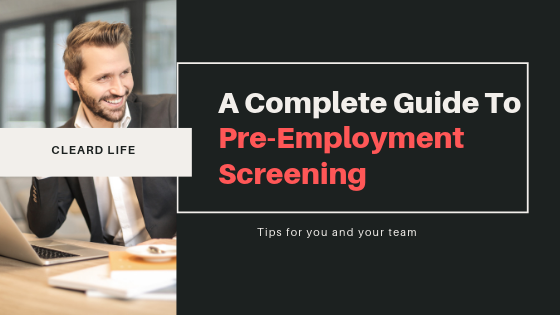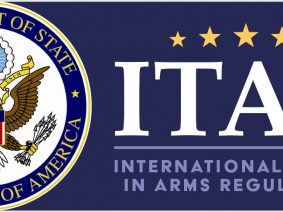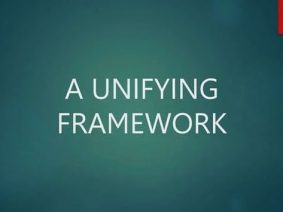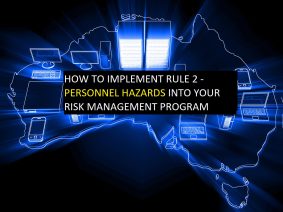Pre-employment screening is one of the essential steps of the hiring process. Conducting these screening procedures can significantly increase the chance of finding a perfect employee for the job.
The times when hiring decisions were made solely based on the interview process are long gone. Nowadays, people are relying more and more on pre-employment screening to make sure the candidate is suitable for the job.
What is Pre-Employment Screening?
Pre-employment screening is the process of verifying the information shared by candidates in their applications and resumes. The screening process can include investigations where third-party aims to uncover adverse behaviours, criminal tendencies and/or character flaws that may jeopardise the firm or employer, endanger staff, tarnish the company’s reputation, or limit the effectiveness of the client. Screening is also done to check whether the candidates can be trusted with the confidential or financial information of the company.
There are many methods adopted for conducting pre-employment screening. Let’s go through them in detail.
Background Checks –
Background checks are probably the most common aspect of a pre-employment screening process. It involves investigating the professional, financial, criminal, and personal records of candidates.
Background checks are typically used by non-profit organisations, schools, law enforcement, and other employers. People working in hospitals, government positions, and financial fields typically go through background checks.
Pre-Employment Drug Screening –
Employers take urine tests for drug testing in order to proactively protect the firm from the adverse effects caused by individuals who have drug-related problems. Government-regulated industries conduct drug screening for safety-sensitive jobs. By having an active drug testing program, one can make the workplace virtually drug-free.
Drug-screening is quite common in industries like construction, sports, oilfield, manufacturing, and transportation.
Personality Testing –
Personality tests are used for assessing the applicant’s cognitive ability, personality, potential and current skills, and several other traits. The information obtained from these tests can significantly help finding the best match for the job along with weeding out the ones who might be problem hires.
Professionals who generally have to take personality tests are first time managers, HR professionals, executive managers, and behavioural trainers.
Medical Pre-Employment Screening –
Pre-employment medical examinations take place to find out whether the applicant is fit to carry out the responsibilities of a job that demands public safety. It is necessary to see that the candidate is not a threat to others or themselves.
Medical screening is conducted on security staff, defence professionals, pharmaceutical study subjects, and immigrants.
Financial Credit Check –
In this screening procedure, a financial history will be derived from a credit agency that may contain payment histories, trade, judgements, charge-offs, bankruptcies, collection accounts, and public records of the candidate. These checks will also look for credit card accounts, car or student loans, mortgage applications and adverse payment history. These checks are useful in uncovering lifestyle habits or the presence of massive debts as well. Signs of financial irresponsibility are taken very seriously because they could impact the work environment, especially if they leave the candidate vulnerable to coercion and manipulation.
Roles with finance positions often require credit history checks.
Digital Footprint Checks –
The blueprint of an individual’s character can be established by using social media accounts held by the person. Employers (and adversaries) can go through Twitter or Facebook to gain an understanding of the personality traits, lifestyle choices and tolerance of others.
Although, social media screening is done while hiring senior executive professionals, celebrities or politicians, there are deficiencies in terms of the depth and breadth of the search.
Suitability Interview & Assessment –
This is a new innovation in employment screening that aims to address the gaps in all other techniques. Candidates are asked a series of questions to determine whether their character traits, such as their honesty, trustworthiness, tolerance, maturity, loyalty and resilience. The assessment then makes a decision about the candidate’s suitability.
Cleard Life conducts this type of comprehensive character assessment so that as the candidate is hired a level of assurance and compliance can be demonstrated, which protects and enhances the organisation’s security measures which in turn helps to keep sensitive information, resources, people and the company’s reputation safe.
The long-term benefits of pre-employment screening is very high. Therefore, every organisation should make use of some of these techniques for finding the right candidate for a job.






